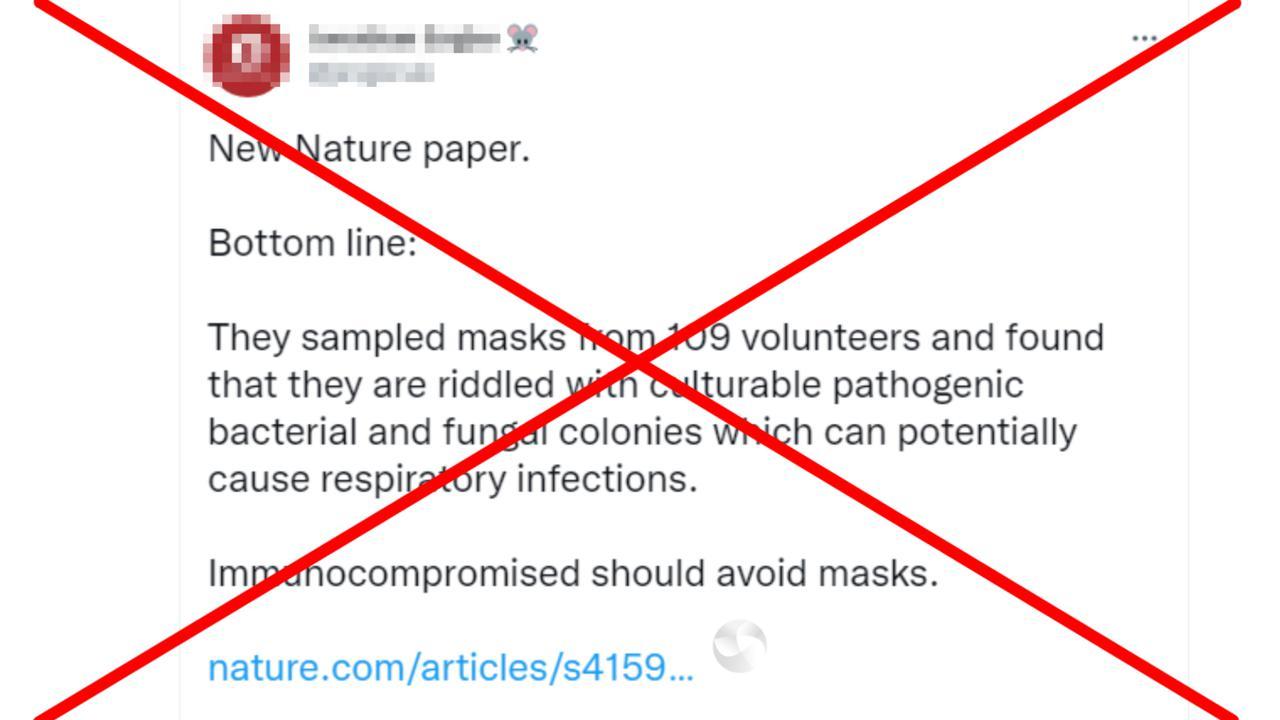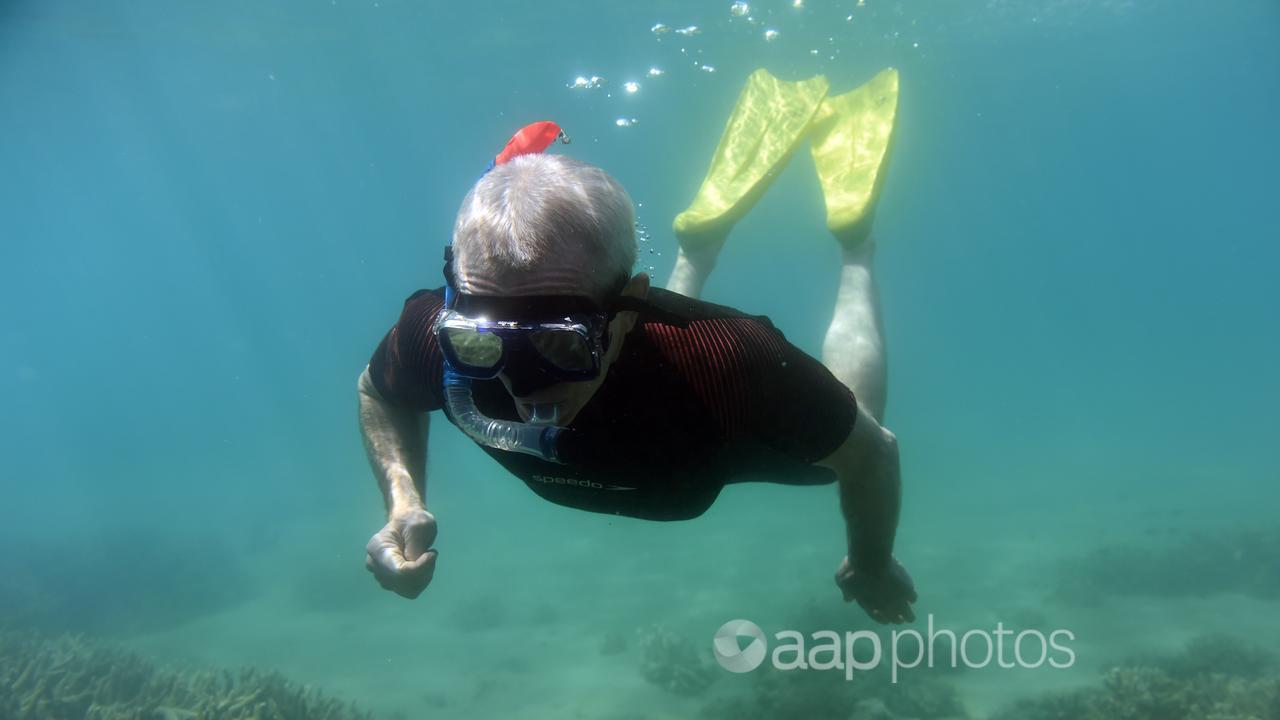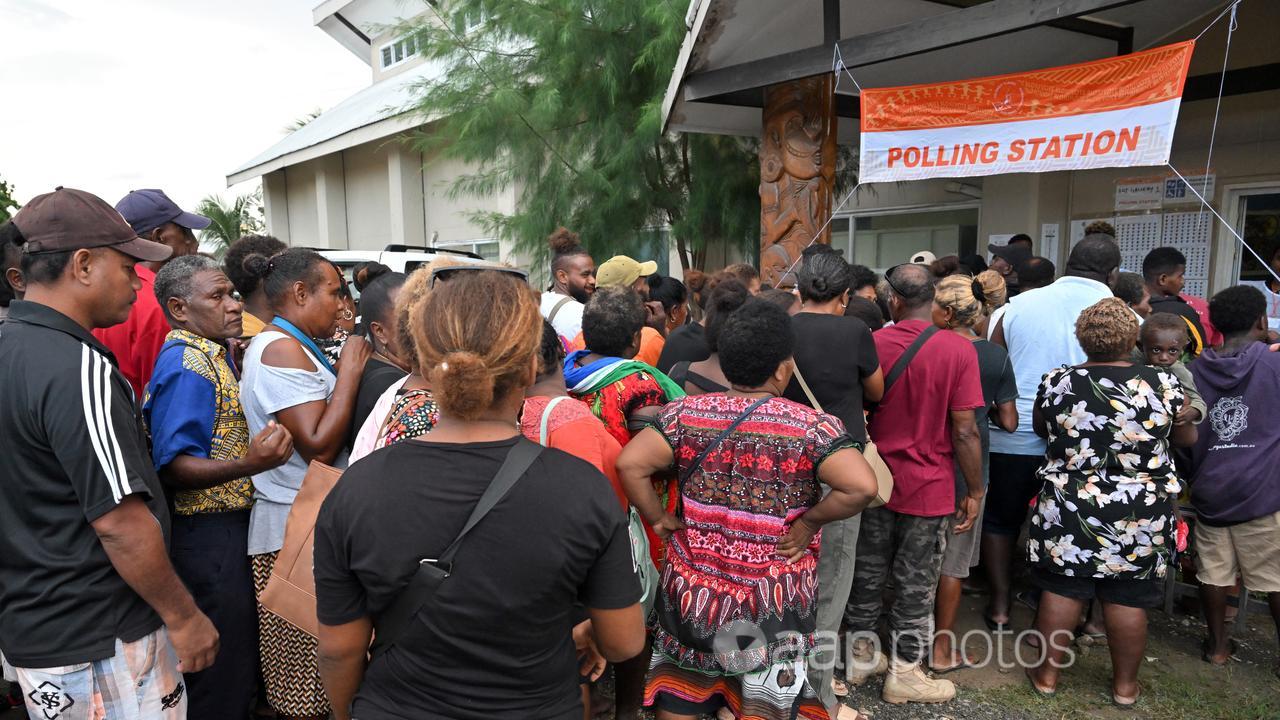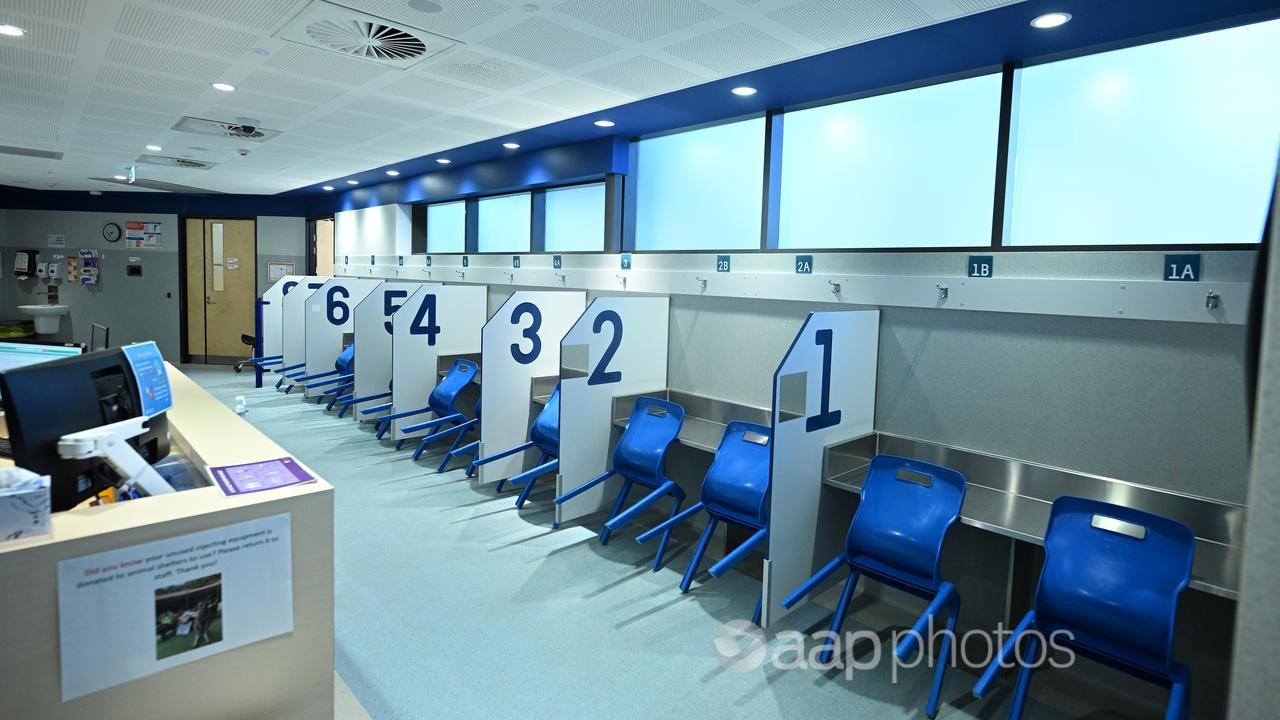A viral tweet claims an academic study of bacterial and fungal growth on masks concludes immunocompromised people should avoid wearing facial coverings.
However, the tweet (screenshot here) grossly distorts the study, with the report’s lead author calling the claim a falsehood.
The tweet, from a UK anti-vaccination activist, links to a legitimate Japanese study, but describes it by stating: “Bottom line: They sampled masks from 109 volunteers and found that they are riddled with culturable (sic) pathogenic bacterial and fungal colonies which can potentially cause respiratory infections. Immunocompromised should avoid masks.”
The study’s lead author, Ah-Mee Park, a researcher and professor of microbiology at Kindai University, told AAP FactCheck the tweet is a misinterpretation of the study.
The peer-reviewed study, “Bacterial and fungal isolation from face masks under the COVID-19 pandemic”, was published in the journal Nature in July.
The false tweet has been widely shared on Facebook (see here, here and here) and was picked up by at least one news outlet with an inaccurate headline.
“In my paper, I did not describe that wearing masks is unhygienic or unsafe,” Dr Park said in an email.
“I described that wearing the same mask for days on end is unhygienic. I do not agree with the claim that immunocompromised people should not wear masks at all.”
The tweet falsely claims masks from all volunteers were “riddled” with unexpected amounts of bacteria and fungi. The study actually notes “bacteria and fungi are widely present on the surface of the materials used in our daily lives”.
Nor does the study conclude the “immunocompromised should avoid masks”. Instead, it clearly states in the abstract that the authors “propose that immunocompromised people should avoid repeated use of masks to prevent microbial infection”.

The study aimed to examine “potential hygiene issues due to bacteria and fungi attached to the face masks”, surveying 109 volunteers on mask usage and their lifestyles.
It found bacterial colony numbers were greater on the face side than the outer side of the masks, while fungal colony numbers were fewer on the inside than the outside.
The study notes “most identified microbes were non-pathogenic in humans” and “since masks can be a direct source of infection to the respiratory tract, digestive tract, and skin, it is crucial to maintain their hygiene”. The “pathogenic” microbes cited are ones such as the extremely common mould aspergillus and the food-borne bacillus cereus.
Dr Park said several studies (here and here) have shown the importance of mask wearing against respiratory illness spread.
“Several research groups have demonstrated the effectiveness of wearing face masks against SARS-CoV-2 and droplets,” she told AAP FactCheck.
The Japanese study states: “Immunocompromised hosts should be advised to wear non-woven masks on a daily basis.” Non-woven masks include surgical and N95 masks.
The study acknowledges several limitations, including a small sample size and that the survey of masks was not comprehensive.
The US Centers for Disease Control and Prevention in its advice for the immunocompromised specifically states wearing a “well-fitting, high quality mask or respirator” can provide wearers “additional layers of protection from COVID-19”.
Patients with compromised immune systems “should still be wearing a mask in an indoor setting at the very least”, critical care specialist Dr Devang Sanghavi of the Mayo Clinic said in a March 2022 discussion curated by the American Medical Association.
AAP FactCheck has debunked numerous claims about masks including you can get sick from breathing in your own air, they increase the risk of respiratory diseases and they don’t protect against COVID-19.
The Verdict
The claim a new study has found immunocompromised people should not wear masks is false. The author of the Japanese study on mask hygiene told AAP FactCheck the researchers made no such conclusions, and multiple studies show wearing a mask can help prevent respiratory infections including COVID-19.
False – The claim is inaccurate.
* AAP FactCheck is an accredited member of the International Fact-Checking Network. To keep up with our latest fact checks, follow us on Facebook, Twitter and Instagram.
All information, text and images included on the AAP Websites is for personal use only and may not be re-written, copied, re-sold or re-distributed, framed, linked, shared onto social media or otherwise used whether for compensation of any kind or not, unless you have the prior written permission of AAP. For more information, please refer to our standard terms and conditions.


















